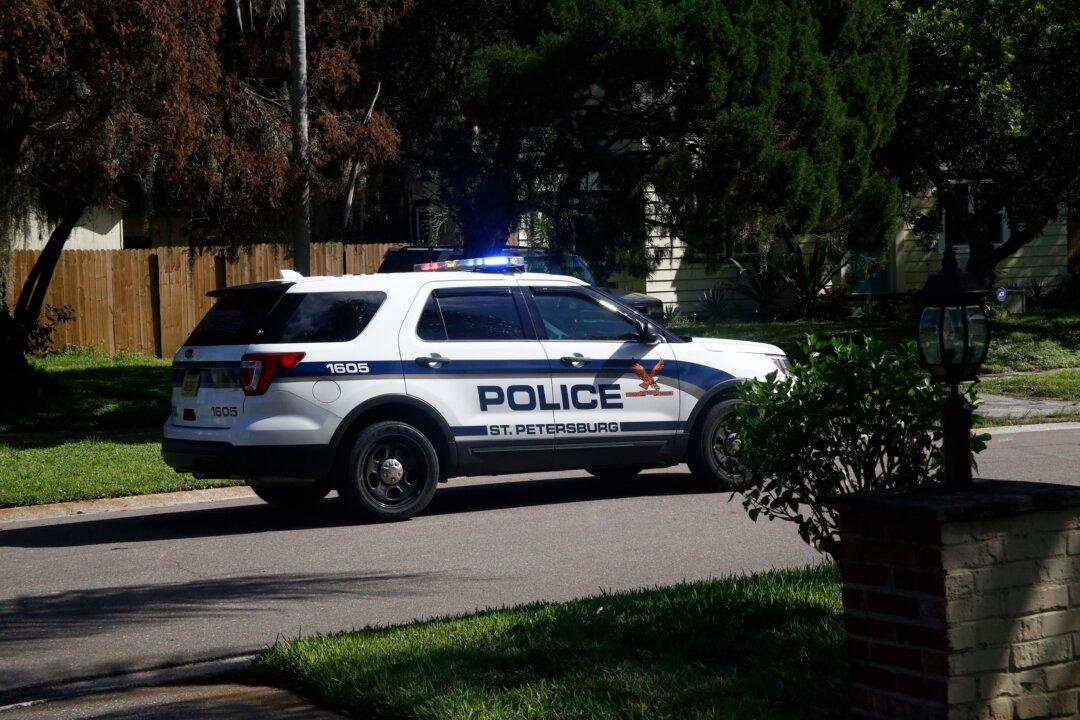A police department in Florida is opting to send city employees to respond to 911 calls that don’t involve violence.
The employees will work for a new division within the St. Petersburg Police Department called the Community Assistance Liaison. It was described by the police department as “a social service agency.”





